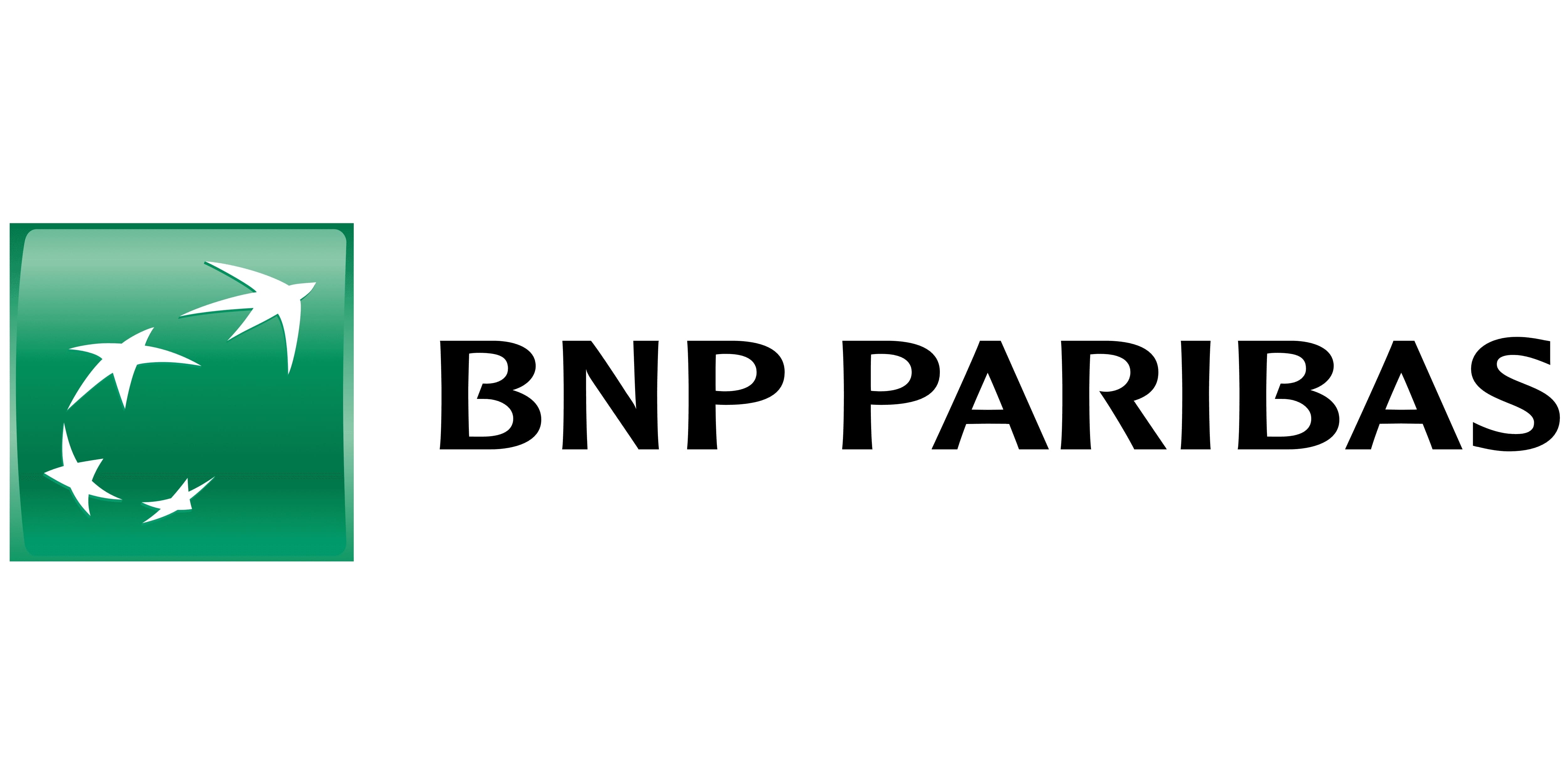ARK Investment Management founder, CEO and CIO Cathie Wood recently said the modern “pendulum shift” to index funds has created the “most massive misallocation of capital” as benchmarks fail to capture most of the rapid growth of innovations shaping society.
In hosted by brokerage firm Avanza, which partnered with ARK Invest on a Swedish product launch, Wood argued the world is “ripe for disruption” and benchmarks are set to deliver “subpar returns relative to innovation”.
“Given how much innovation is taking place today and how ready for prime time it is, we believe, on index investing, the pendulum has swung so far that it will probably be considered the most massive misallocation of capital in mankind,” she said.
Wood went on to cite her firm’s estimates – currently being updated – that the market for disruptive innovation is valued at approximately $7trn, less than 10% of the global equity market.
“If we are right, that is going to scale to more than $200trn in the next eight to 10 years and that is between a 40-60% annualised rate of gain when it comes to disruptive innovation,” she added.
“If that is right, then we think traditional benchmarks, which do not own enough innovation – certainly not the most disruptive innovation – their returns are going to be pretty disappointing.”
Wood’s reason for thinking “innovation will account for the bulk of equity market gains” over the next decade is the trajectory of the recent drawdown is deeper than during the tech and telecom collapse following the ‘dot-com bubble’.
“The difference is, back then, the technologies were not ready and even if they were close, the costs were too high and prohibitive. A lot of companies went public on the Nasdaq that should never have been funded.
“Too much capital chasing too few opportunities, too soon, and many of them went bankrupt. A lot of these technologies are ready for prime time and yet the drawdown is worse this time than back then.”
She added despite these factors, investors were “falling over themselves” to get higher tech allocations, yet today they are “running for the hills, running to their benchmarks”.
“From a behavioural psychology perspective, the history books are going to have fun with this,” Wood continued.“Investors could not get enough of tech in the late 1990s, but now they are running away as fast as they can from innovation given momentum in the markets and we think that will end badly. They will end up on the wrong side of change.”
Wood said she founded ARK Invest following the tech and telecom bust in the 2000s and noticed investors shifting increasingly towards passive investing after the Global Financial Crisis in 2008.
In the following 15 years, she said products such as the Ark Innovation ETF (ARKK) were able to identify disruptive companies such as Tesla four years before it entered the S&P 500 in December 2020. During that time, its stock bounced over 1500%.
“We consider it the way the world is going to work and where the benchmarks are going to migrate over time, and then we will be on to the next thing.
“But there is a lot of alpha generation between the time we get into stocks and when benchmarks realise this is the way the world is working.”
Following the podcast, Wood said in a Bloomberg interview last Thursday that ARKK is “the new Nasdaq”, as the famous tech benchmark is not predominantly made up of companies driving innovation.
Responding, former head of trading at BNP Paribas Investment Bank, John Coffey, said on LinkedIn that despite ARKK booking its best month ever in January – owing to new positions in Tesla in December – there are still question marks over the ETF’s performance.“Despite very substantial recent gains, ARKK has risen 12% over the last five years versus 89% for the Nasdaq,” Coffey said. “Bear in mind that four of those five years witnessed the easiest monetary policy in history, which is the most fertile possible environment for tech stocks.
“So, I would continue to file ARKK research reports in the fiction section of the library.”
Related articles




